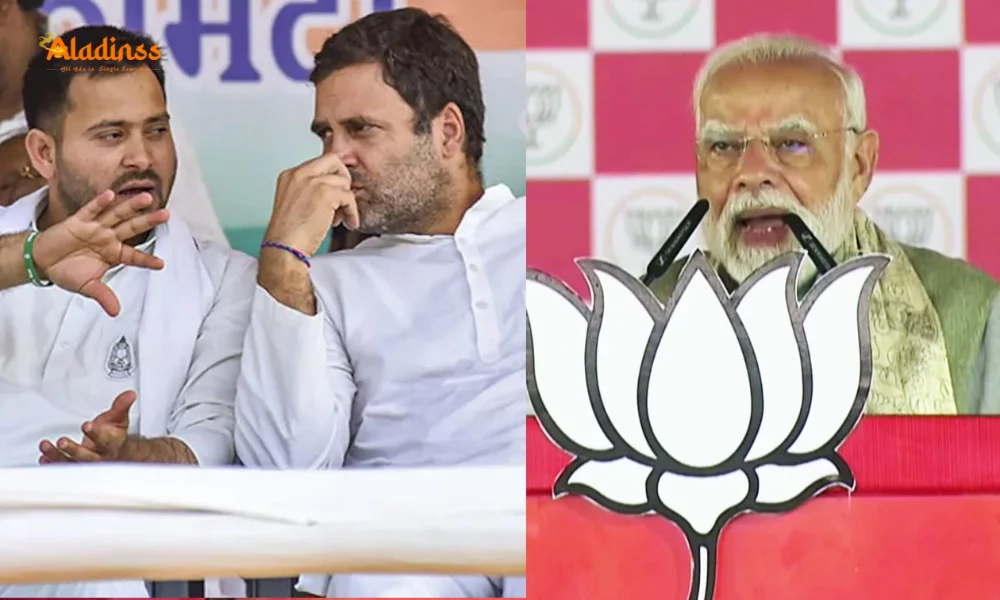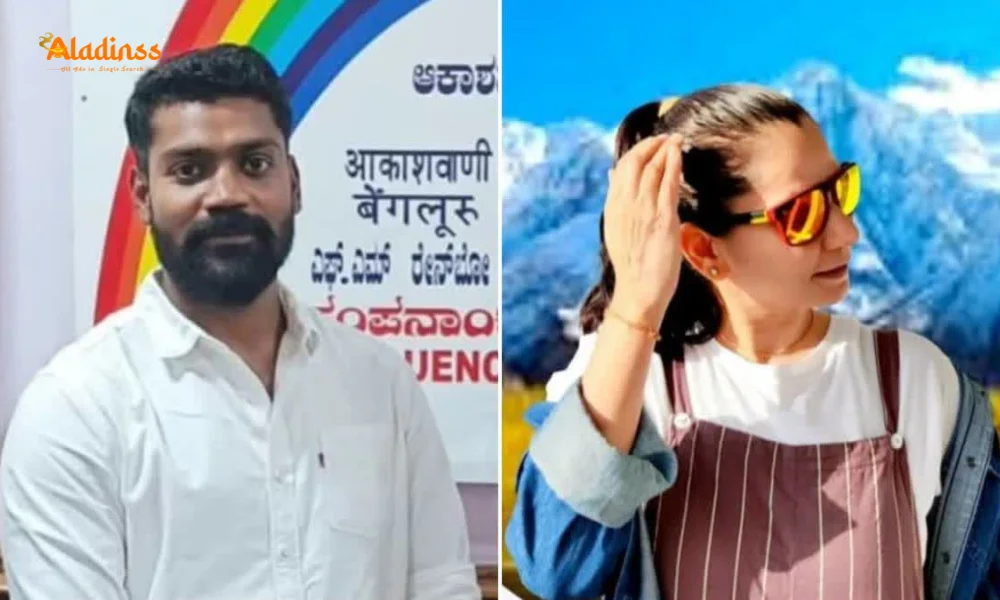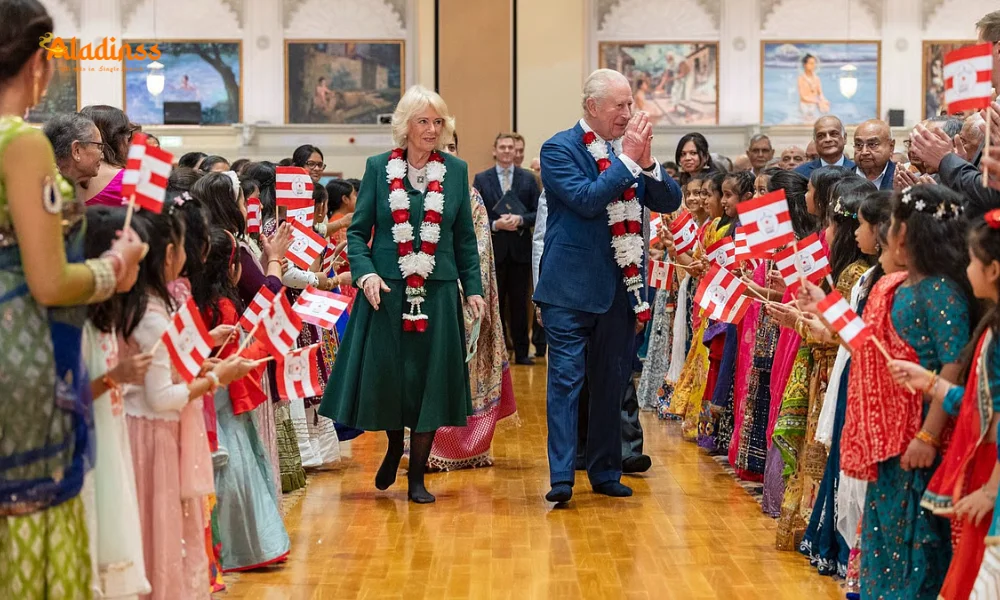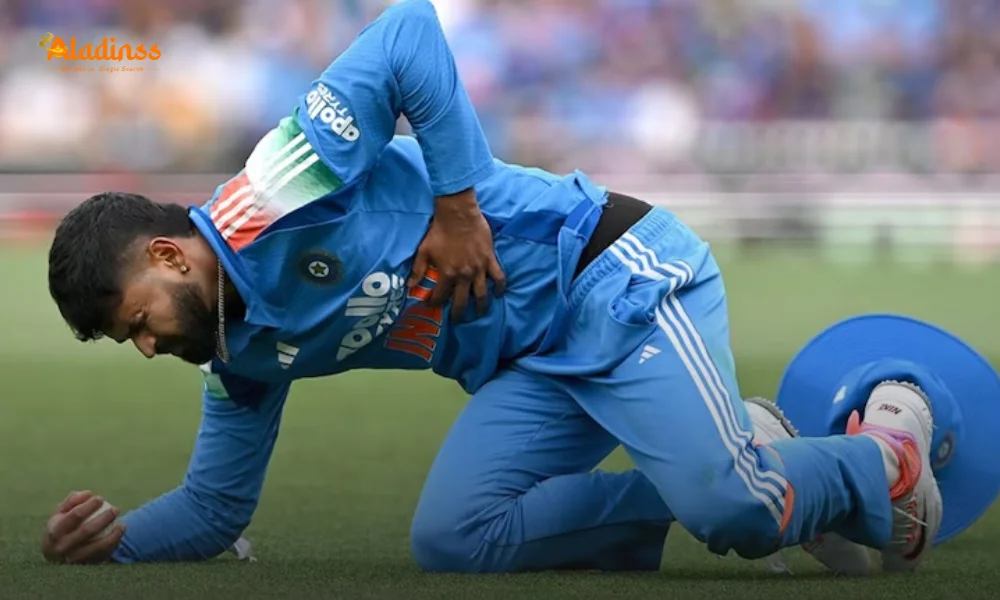Shocking! Modi Calls Rahul-Tejashwi "Oil & Water" Bihar Alliance Doomed?

PM Modi Blasts 'Corrupt Princes' Rahul & Tejashwi: Oil-Water Alliance Crumbles in Bihar!
In a fiery election rally in Muzaffarpur, Prime Minister Narendra Modi tore into Congress leader Rahul Gandhi and RJD supremo Tejashwi Yadav, dubbing them the “Yuvraajs of corruption” whose uneasy alliance is doomed to fail. Comparing the Congress-RJD pact to oil and water that can never mix, PM Modi exposed the deep fissures within the opposition camp ahead of the high-stakes Bihar Assembly Elections 2025.
“The real story isn’t the abuses they hurl at me round-the-clock, but the bitter infighting erupting between RJD and Congress,” the Prime Minister thundered before thousands of cheering supporters. He accused the duo of being united only by their insatiable greed for power, not ideology or public welfare. The scathing attack comes as BJP intensifies its campaign blitz in Bihar, where polls are scheduled in two phases on November 6 and 11, with results on November 14.

'Princes on Bail': Modi Exposes Corruption Legacy
Labeling Rahul Gandhi as the heir to “India’s most corrupt political family” and Tejashwi Yadav as the scion of “Bihar’s most corrupt dynasty,” PM Modi reminded the crowd that both leaders are out on bail in multi-thousand-crore scams. “These naamdaar princes insult a kaamdaar like me because they cannot digest that a man from a backward, poor family has risen to lead the nation,” he said, drawing thunderous applause.
The Prime Minister accused the opposition of running a “shop of false promises,” deceiving voters with hollow slogans while protecting their own ill-gotten wealth. He contrasted their legacy with NDA’s development agenda, citing initiatives like the BHIM UPI platform—named in honor of Dr. Babasaheb Ambedkar—which has empowered millions through digital financial inclusion.
Congress-RJD Betrayal of Social Justice & Ambedkar's Legacy
PM Modi launched a stinging critique of the Congress-RJD’s historical governance, alleging that during their rule, honors and awards were distributed only to loyal sycophants. “Can such people ever uplift the poor, the Dalits, or the backward?” he questioned. He accused the alliance of betraying the very idea of social justice—a term they frequently invoke but never deliver on.
In a direct attack on their ideological hypocrisy, the Prime Minister charged that RJD and Congress leaders have repeatedly insulted Dr. Babasaheb Ambedkar, the architect of India’s Constitution. “While the entire nation reveres Babasaheb, these leaders trample his vision. Their attitude toward Dalits remains unchanged,” he declared. In contrast, he highlighted how the BJP-led NDA government draws inspiration from Ambedkar’s ideals in every policy—from reservation reforms to digital empowerment tools like BHIM.
Bihar Elections 2025: Stakes Higher Than Ever
The Bihar Assembly Elections 2025 are being seen as a litmus test for both the ruling NDA and the opposition Mahagathbandhan. With 243 assembly seats up for grabs, the BJP is banking on PM Modi’s personal popularity, development track record, and anti-corruption narrative to secure a third consecutive term in alliance with JD(U) and other partners.
On the other hand, the Congress-RJD combine—despite projecting unity—has been plagued by seat-sharing disputes, public spats, and mutual distrust. Recent statements from senior RJD leaders criticizing Congress’s “arrogance” and Rahul Gandhi’s absence from key campaign events have fueled speculation of an impending collapse. Tejashwi Yadav’s aggressive posturing has also irked local Congress units, who feel sidelined in candidate selection.
From Samastipur to Muzaffarpur: Modi's Campaign Blitz
PM Modi kicked off the NDA’s official campaign on October 24 with back-to-back rallies in Samastipur and Begusarai. The Muzaffarpur address on Thursday marked the escalation of his attack on the “Yuvraj duo,” a term now trending across social media. Supporters chanted “Modi Hai To Mumkin Hai” as the Prime Minister listed achievements like free ration for 80 crore people, Ayushman Bharat, and women-led development schemes in Bihar.
He also took a dig at the opposition’s obsession with personal attacks: “They abuse Modi 24×7, but I don’t respond in kind. My focus is development, not dynasty.” The crowd erupted when he said, “Those who live in glass palaces of corruption should not throw stones at a chaiwala-turned-PM.”
What Lies Beneath the Oil-and-Water Metaphor?
The “oil and water” analogy struck a chord with political analysts, who see it as a metaphor for the fundamental incompatibility between Congress’s urban, elite image and RJD’s rural, caste-based mobilization strategy. Despite sharing anti-BJP sentiment, the two parties have historically competed for the same vote banks—Muslims, Yadavs, and sections of Dalits.
Political experts point out that in the 2020 elections, the Mahagathbandhan lost despite a strong showing because of poor coordination. This time, internal surveys reportedly show Congress workers demoralized over ticket distribution, while RJD hardliners resent Rahul Gandhi’s “parachute leadership.” PM Modi’s speech has amplified these cracks, turning them into a central campaign theme.
NDA’s Development Pitch vs. Opposition’s Promise Bazaar
Throughout his speech, PM Modi contrasted NDA’s “report card” with the opposition’s “promise bazaar.” He highlighted:
- Over 2 crore houses built under PM Awas Yojana in Bihar
- 4 crore+ tap water connections via Jal Jeevan Mission
- Free COVID vaccines and healthcare via Ayushman Bharat
- Electrification of 100% villages and 24×7 power in urban areas
- Record highway expansion—over 3,000 km in Bihar alone
“They promise the moon but deliver scams. We deliver homes, water, roads, and dignity,” PM Modi asserted. He warned voters against falling for “revdi politics,” referring to freebie promises that bankrupt state finances.
Rahul & Tejashwi’s Desperate Show of Unity
A day before Modi’s rally, Rahul Gandhi and Tejashwi Yadav held a joint press conference in Patna to dispel rumors of discord. They hugged, smiled, and vowed to defeat “BJP’s communal politics.” However, their body language and evasive answers on seat-sharing betrayed unease. When asked about corruption charges, both deflected, saying “Modi fears the INDIA alliance.”
Political observers noted that Rahul Gandhi avoided mentioning Lalu Prasad Yadav—the RJD patriarch currently facing multiple CBI cases—while Tejashwi refrained from endorsing Congress’s national leadership. Such omissions spoke louder than their scripted unity pitch.
Will Bihar Reject Dynasty Politics Again?
As polling day approaches, the dynasty vs. development narrative is dominating discourse. BJP’s campaign posters feature PM Modi with Nitish Kumar and local leaders, emphasizing “sabka saath, sabka vikas.” In contrast, Mahagathbandhan rallies prominently display Rahul and Tejashwi—reinforcing Modi’s “Yuvraj” jibe.
With women voters (48% of electorate) emerging as a decisive bloc, schemes like Lakhpati Didi and Ujjwala Yojana are being aggressively promoted by NDA. Meanwhile, opposition promises of higher MSP, job quotas, and caste census have failed to generate the expected momentum amid internal sabotage.
Countdown to November 14: What the Numbers Say
Internal polling by both sides suggests a close contest, but NDA holds a slight edge due to:
- Strong consolidation among EBCs (Extremely Backward Classes) and non-Yadav OBCs
- High approval ratings for PM Modi (58% as per CSDS survey)
- Growing women turnout in favor of welfare schemes
- Opposition’s failure to project a CM face
As Bihar braces for a historic electoral battle, one thing is clear: PM Modi’s oil-and-water analogy has not only exposed opposition fragility but redefined the 2025 election narrative. Will the state reject “corrupt princes” and repose faith in a “kaamdaar” PM? The answer lies in the ballot box.
Comment / Reply From
No comments yet. Be the first to comment!












